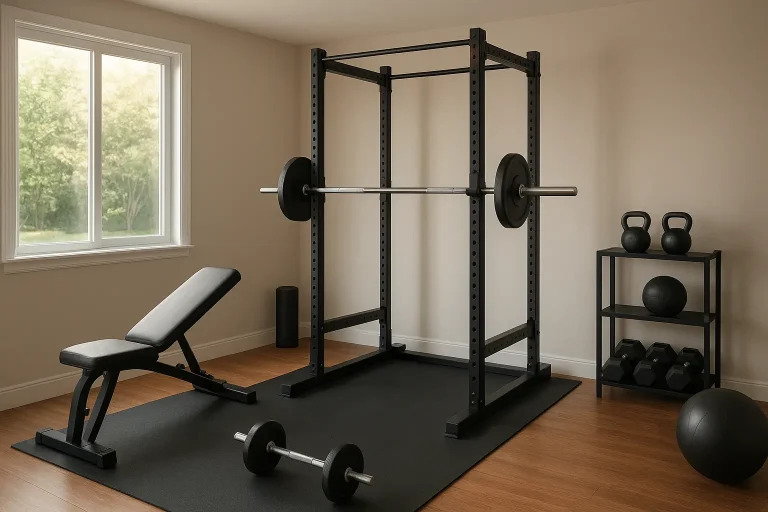Ever feel guilty for skipping a workout? You’re not alone. In a world that celebrates hustle and “no days off,” taking a break can feel like slacking. But here’s the truth: rest days aren’t a luxury — they’re a necessity. Especially if you’re trying to build muscle.
Muscle growth doesn’t happen while you’re grinding it out in the gym. It happens when you’re recovering. If you’re always pushing without pausing, you’re not getting stronger — you’re just wearing yourself down.
Muscle Repair Happens When You’re Resting, Not Lifting
Every time you lift, you create tiny tears in your muscles. That’s normal — it’s how your body knows to grow. But the actual rebuilding? That happens when you rest.
What’s happening behind the scenes:
- Your body ramps up protein synthesis to fix those microtears.
- Growth hormone and testosterone surge during deep sleep.
- Inflammation goes down, letting your muscles rebuild stronger.
Real Talk: Training is like writing a rough draft. Rest is the editing — where the magic happens. Skip it, and you’re stuck in a cycle of breakdown.
By signing up, you agree to receive emails from RealFit Wellness. You can unsubscribe anytime. See our Privacy Policy.
Your Weekly Wellness Boost
Overtraining Kills Progress (and Motivation)
Going hard every day might feel productive, but it can backfire. Overtraining leads to fatigue, plateaus, and even injury. It can also mess with your mood and make workouts feel like a chore.
Signs you’re overdoing it:
- You’re always sore or achy.
- You can’t sleep or feel wired at night.
- You’re moody or irritable.
- You’re putting in effort but not seeing results.
What to Do: Take at least one full rest day each week. If you’re doing split routines, rotate muscle groups and add active recovery — like walking, stretching, or mobility work.
Real Talk: You don’t need to earn rest. You need to respect it. Recovery isn’t a reward — it’s part of the process.
Rest Days Boost Performance and Prevent Injury
Training while tired doesn’t just feel harder — it messes with your form. When your nervous system is fried, your coordination suffers. That means shaky squats, unstable presses, and a higher chance of getting hurt.
Why rest helps:
- Refills your energy stores (glycogen)
- Improves coordination and focus
- Reduces inflammation and joint stress
- Makes you more motivated to train
Real Talk: Ever notice your lifts feel smoother after a day off? That’s your body saying “thanks.” Rest sharpens your edge — it doesn’t dull it.
Sleep Is Your Secret Weapon for Growth
Sleep isn’t just downtime — it’s prime time for recovery. During deep sleep, your body releases growth hormone, balances cortisol, and repairs cells. Skimp on sleep, and your recovery tanks — no matter how clean your diet or smart your training.
Tips for better sleep:
- Aim for 7–9 hours a night
- Stick to a regular sleep schedule
- Avoid screens and caffeine before bed
- Try magnesium or calming teas to wind down
Real Talk: Sleep is the most underrated performance booster. It’s free, powerful, and most people ignore it.
Rest Days Support Mental Health and Motivation
Training isn’t just physical — it’s emotional. Rest days give your brain a breather. They help you reset, reduce stress, and make you excited to train again.
Mental perks of rest:
- Lowers stress and anxiety
- Clears your head
- Prevents burnout
- Keeps you consistent long-term
Real Talk: The best athletes aren’t just strong — they’re mentally tough. Rest helps you stay grounded and connected to your goals.
Final Thoughts: Rest Is Training, Too
If you’re serious about building muscle, rest days aren’t optional. They’re where the growth happens. They’re when your body repairs, your mind resets, and your performance rebounds.
So next time you’re tempted to skip rest, remember: recovery isn’t the opposite of training. It’s part of it. And honoring that rhythm — push, pause, rebuild — is what turns effort into progress.






